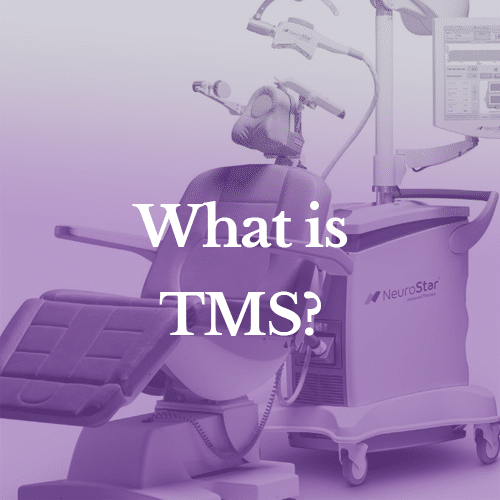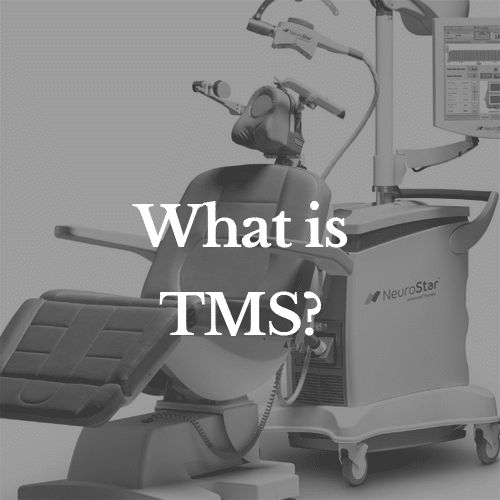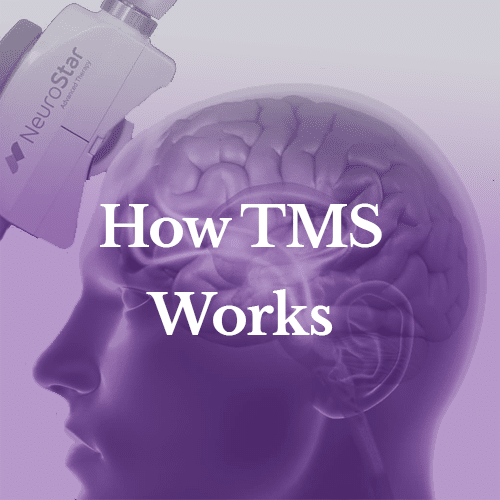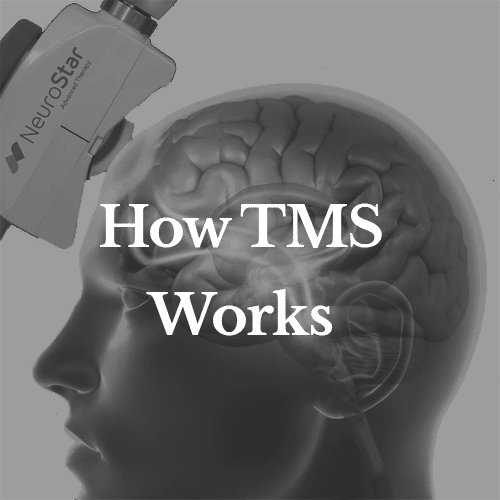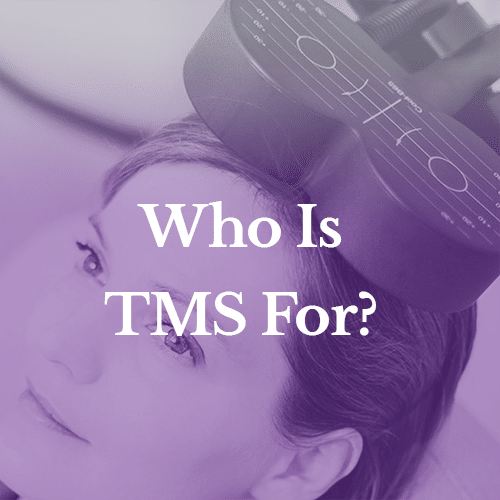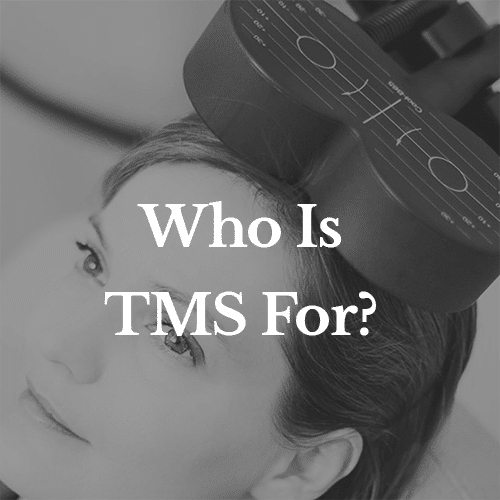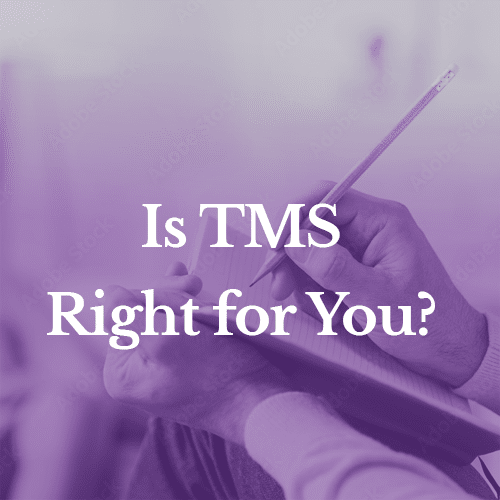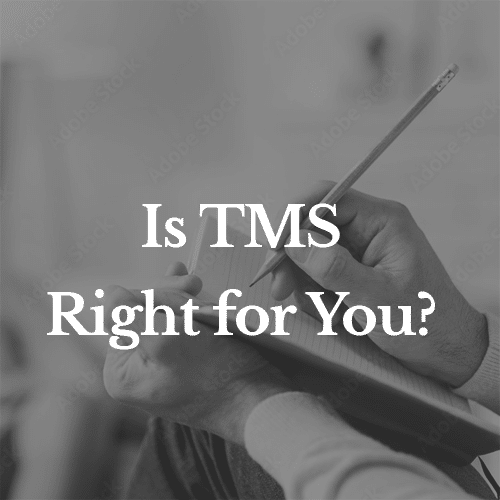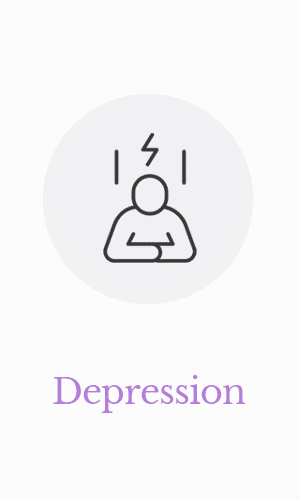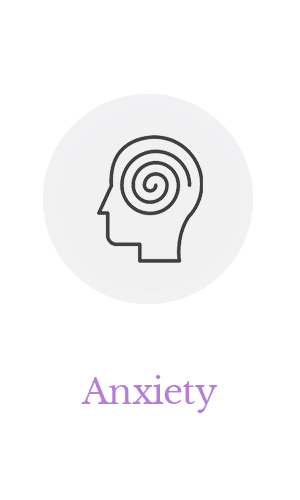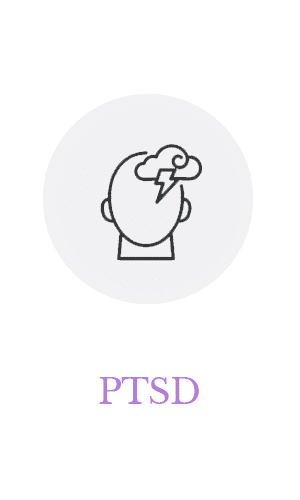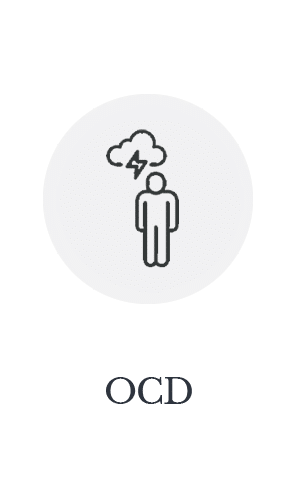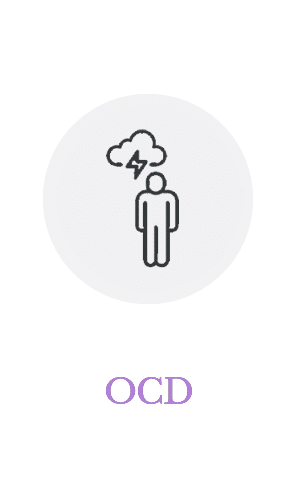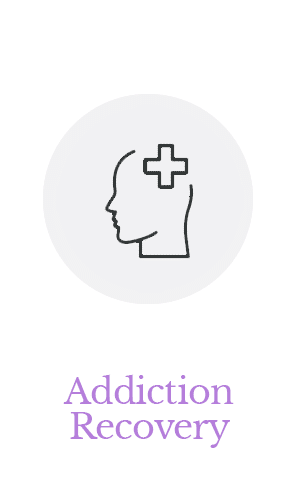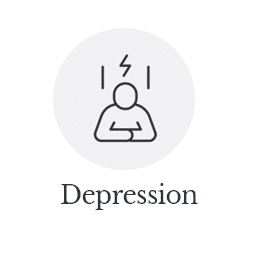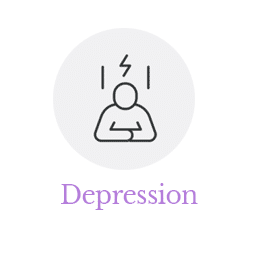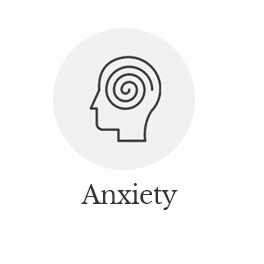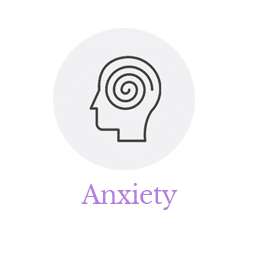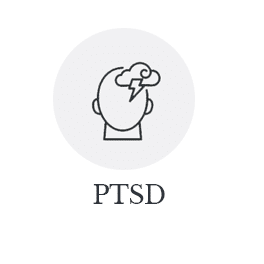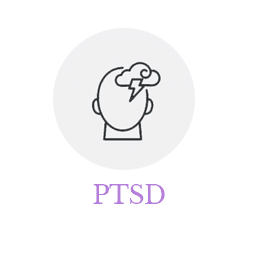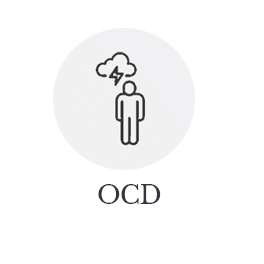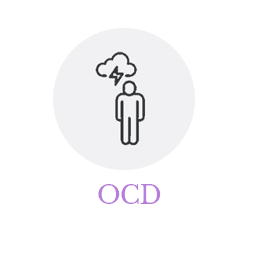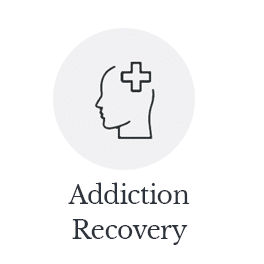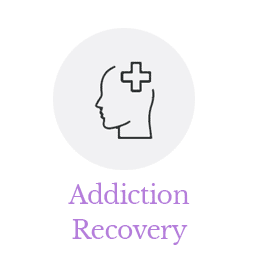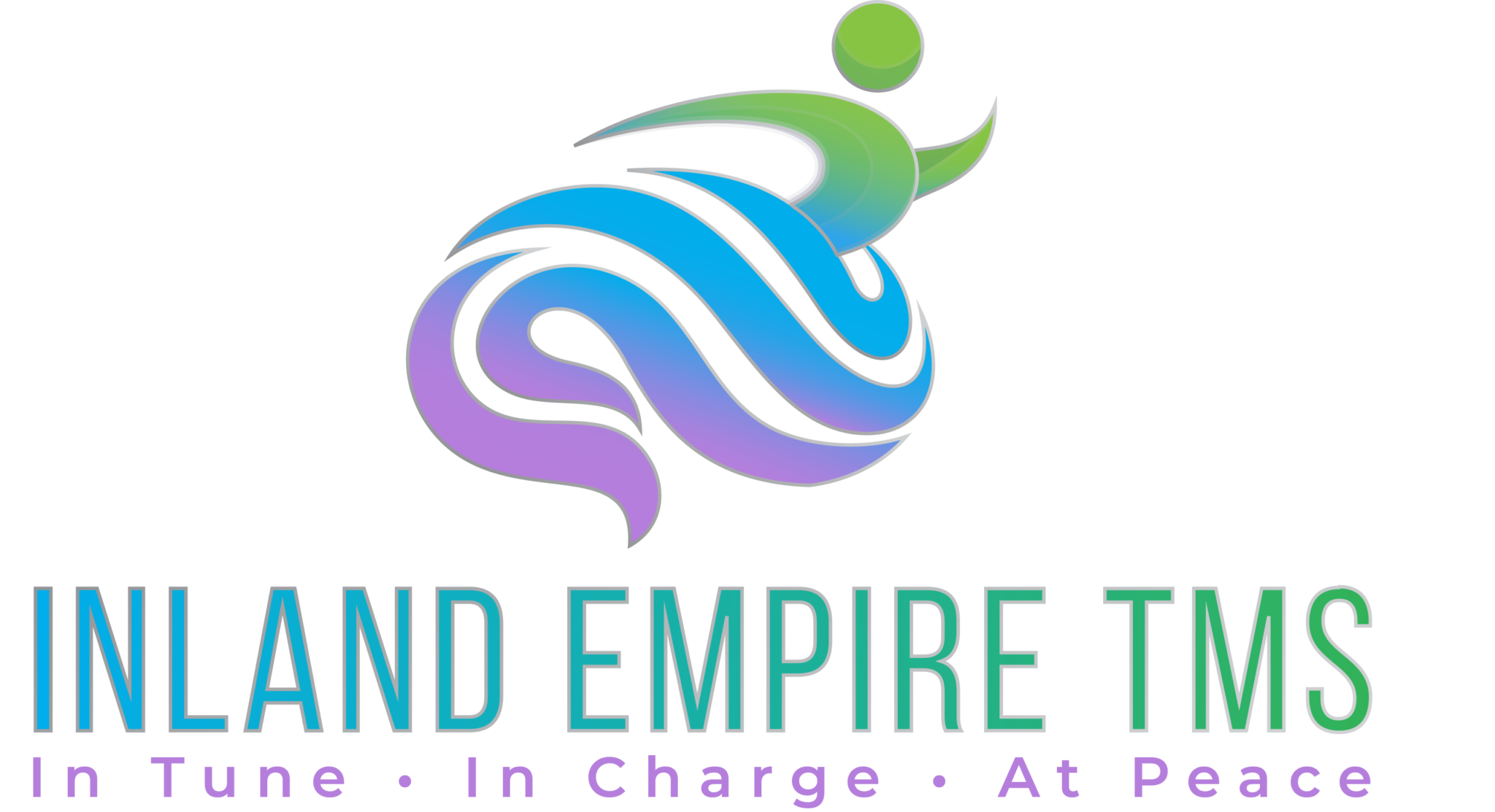
Treating Pregnant Mothers with Depression
using TMS Therapy
While many have heard of postpartum depression — the hormonally driven depression that affects new mothers after delivering a baby — less may have heard of prenatal depression.
Prenatal depression, also called perinatal depression, affects women during pregnancy. It is a maternal mood disorder that affects soon-to-be mothers, producing feelings of sadness, anxiety, and sometimes anger.
Treating depression during pregnancy can be challenging given standard treatments that include antidepressant medication. It’s most commonly recommended that pregnant women should not take certain medications due to the effect it can have on the baby.
Inland Empire TMS in Riverside County, CA, advocates the safe use of transcranial magnetic stimulation (TMS) to treat depression in pregnant women.

About Prenatal Depression
Prevalence
Prenatal depression is underdiagnosed in pregnant women, but figures suggest that around 12% of pregnant women are suffering from prenatal depression.
Causes and Risk Factors
The risk factors for prenatal depression are thought to be a mixture of hormonal changes, coupled with external factors.
- A previous traumatic birth
- Stillbirth or miscarriage
- Having been diagnosed with depression in the past
- Feeling stressed and unsupported
- Difficult circumstances surrounding the pregnancy (for example, an unplanned pregnancy, financial issues, housing, or relationship issues)
- A history of trauma, including childhood trauma
- Weakness & Fatigue

Symptoms of Prenatal Depression
Many women can feel tearful during their pregnancy, frequently due to changes in their hormonal levels. Prenatal depression is far more than simply feeling tearful.
- Losing interest in pregnancy and life in general
- Reduced concentration
- Difficulty sleeping (over and above that frequently experienced by pregnant women due to the physical challenges pregnancy can present)
- Anxiety
- Feelings of hopelessness
- A much higher than average level of fear and worry regarding the impending birth
How Prenatal Depression Can Affect the Baby
If left untreated, prenatal depression may have a negative effect on the unborn baby.
- Lack of self-care — One of the symptoms of prenatal depression is that a woman may become uncaring regarding their physical health and well-being during this important period in their lives. This may lead to failure to rest sufficiently, eat a suitable diet, or refrain from behaviors that may damage the baby (such as smoking).
- Lower Birth Weight — Some studies show that depression before birth is linked to giving birth to a lower birth weight baby. Lighter babies are more prone to a wide range of health conditions, with their smaller size making them particularly vulnerable in the first few months after birth.
- Premature Birth — Research suggests that women suffering from perinatal depression are more likely to give birth before their due date. This has negative implications for the baby, as their lungs (or other organs, depending on how premature they are) may not be fully developed.
- Miscarriage — In the same way that depression during pregnancy can increase the risk of preterm babies, it can also, sadly, increase the risk of miscarriage. As a previous miscarriage can be a risk factor for prenatal depression in a future pregnancy, it's particularly important that women who have suffered miscarriage receive appropriate treatment for prenatal depression, as a subsequent miscarriage is going to have a significant effect on their mental health.
- Increased Risk of Postnatal Depression — Postnatal depression isn't just depression for the mother, it can also lead to problems in bonding with the new baby, which is associated with negative pediatric outcomes.
For all these reasons, it’s vital that women suffering from prenatal depression are provided with a robust solution.
How Antidepressant Medications can Affect the Baby
Antidepressant medication is one of the standard treatments for depression, alongside talking therapy and practical measures to relieve stress.
Unfortunately, antidepressant medication can have negative effects on the unborn baby.
Pregnant women are generally discouraged from taking medication, due to its potential to affect the baby.
Given that untreated prenatal depression is associated with negative outcomes for mother and baby (and that medication could also have negative effects) TMS could be the perfect solution.
How TMS Can Help Women Avoid Medication During Pregnancy
TMS is a safe alternative to antidepressants that’s been proven to relieve the symptoms of prenatal depression in a significant number of sufferers.
TMS works by using magnetic fields to stimulate specific parts of the brain associated with mood. Research has shown that stimulating these regions of the brain can result in the relief of depressive symptoms.
TMS is non-invasive and provides a mechanical, rather than a chemical treatment for depression.
Although it stimulates the brain in a similar manner to ECT, TMS works much differently. Unlike ECT, TMS does not directly apply electricity to the brain — nor does it trigger seizures, headaches, or similar potentially traumatic events.
TMS has been shown to be effective in the treatment of depression in pregnant women and new mothers.
A review of studies by the MGM Center for Women’s Mental Health found that:
- Most women respond within two weeks of treatment initiation;
- One 2010 study saw 73.7% of participants achieved remission;
- Another 2016 saw 88.9% of participants achieved remission;
- And a 2012 study noticed “statistically significant reduction in depressive symptoms and severity of illness, as well as improvement in social and cognitive functioning,” after 20 sessions of TMS.
The above studies all included postpartum women with mild to moderate depression.
The TMS technique can make a noticeable difference after just a few sessions, which is important for pregnant women who only have a few months to improve their mental health before the baby arrives.
Inland Empire TMS' Approach to Treating Pregnant Mothers with TMS
Inland Empire TMS is a leading provider of TMS for the treatment of prenatal depression. Our clinical team is well versed in the treatment of depression in pregnant women, having published several studies on the topic.
Inland Empire TMS is well versed with the MGH Center’s guidelines on the use of TMS on Pregnant women and utilizing the carefully constructed protocol. The result is a safe, effective treatment that’s well-tolerated and that has been shown to deliver measurable benefits in a relatively short space of time.
Get in touch with Inland Empire TMS to find out more about how TMS could play a role in the treatment of prenatal depression.

